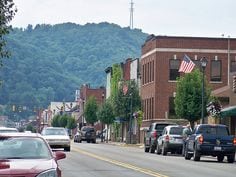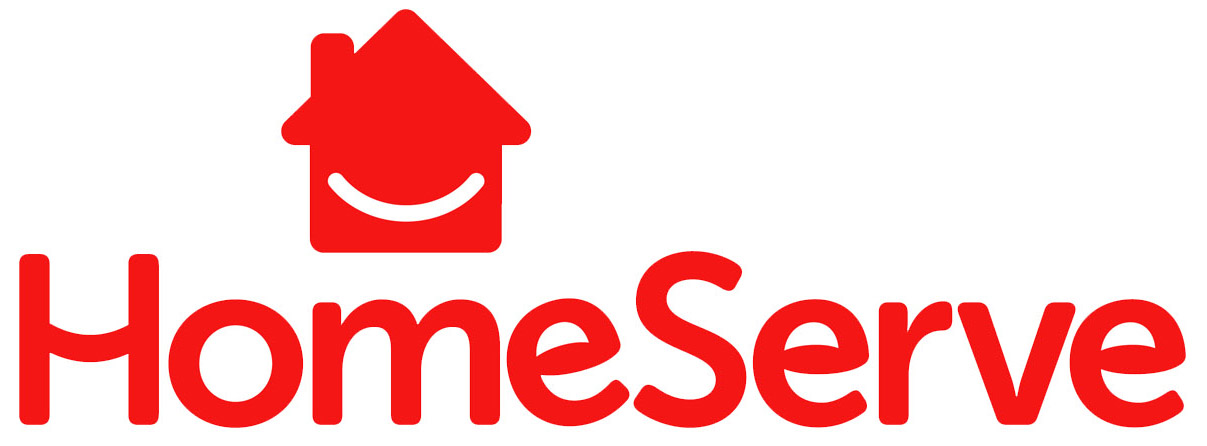The story of Follansbee begins in 1699 with French explorers who claimed the Ohio River valley and developed trade with many native tribes, including the Mingo India ns who occupied a small village known as the “Old Mingo Bottom” located on the land where Follansbee is today. A 1920 Herald Star article, reporting on the annual city Jubilee, described Follansbee as “The Little Town That Does Big Things.”
ns who occupied a small village known as the “Old Mingo Bottom” located on the land where Follansbee is today. A 1920 Herald Star article, reporting on the annual city Jubilee, described Follansbee as “The Little Town That Does Big Things.”
This “little town”, like many older cities and towns in the U.S., struggles with a big problem – aging infrastructure. A recent report in the news indicated that Follansbee, West Virginia; a city of about 2,900, has over 500 water main breaks every year. You may be surprised to learn that this is by no means an experience isolated to Follansbee.
According to watermainbreaksclock.com, every day, 850 water main breaks occur in North America at a total annual repair cost of over billion. Corrosion, leaks and breaks in old-technology pipe materials are often the culprit. In fact, the American Society of Civil Engineers (ASCE) has been giving the U.S. infrastructure a failing grade for some time now, with its most recent assessment garnering a lackluster D+. The report goes on to state what many City officials already know, “especially in the country’s older cities, much of the drinking water infrastructure is old and in need of replacement. Failures in drinking water infrastructure can result in water disruptions, impediments to emergency response, and damage to other types of infrastructure.”
The ASCE’s State report card for West Virginia lists the 20 year dollar amount at billion in needed investment to the State’s water systems. And the West Virginia Business and Industry Council acknowledges the “need for investment in water and wastewater infrastructure continues to far outpace the amount of funding that is available at all levels of government.”
While State and Federal funding will attempt to address primary infrastructure, private water and sewer lines – those on resident’s properties – are subjected to the same elements that cause city lines to fail. When these lines break or leak, they can be very expensive to repair – as much as $1,000 or more. And most Americans don’t have that kind of savings in the bank – so an unexpected service line repair cost can be hard on their budgets.
That’s why cities such as Follansbee, West Virginia, along with 30 other cities in West Virginia and over 400 other cities across North America, decided to introduce the National League of Cities (NLC) Service Line Warranty Program to their residents. The program, offered at no cost to the city, educates residents about their service line responsibilities while providing an affordable solution to cover the potential cost of repairs.
“It made sense to bring this program to our community,” said John DeStefano, City Manager. “It raises awareness about homeowner responsibility for private service lines and provides them with a solution if they want to participate.”
Still, some city officials wonder why they should be in the business of working with a private company. “When faced with a failed water or sewer service line, few citizens have the desire or experience to deal with a contractor for what might be a very large expense,” said Jim Hunt, Past President of the NLC and current advisor to the NLC Program. “It makes sense for the city to assist by insuring that the contractor is licensed and insured and gets the job done right.”
“We wanted to make sure that our citizens had access to a reputable provider, “said John DeStefano, City Manager. “It has been well-received in our community”.
